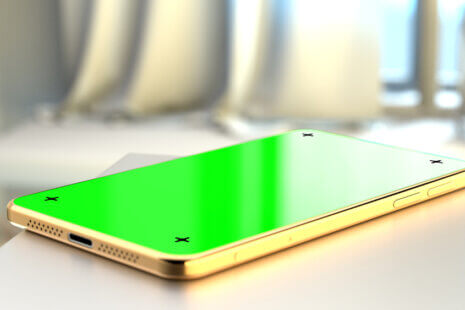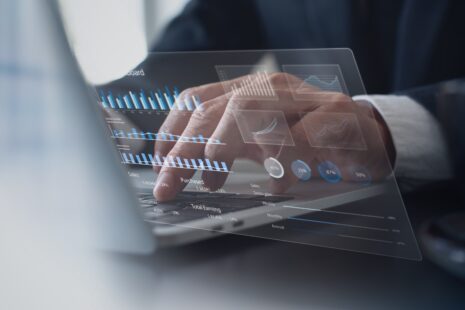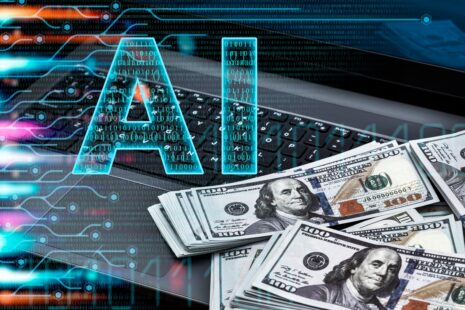AI-generated images can be illegal depending on their content, usage, and jurisdiction. While AI art is widely used for creative and commercial purposes, certain legal and ethical concerns arise when AI images violate laws or rights.
When Can AI Images Be Illegal?
-
Copyright Infringement
-
If an AI image closely resembles a copyrighted work, it may be considered copyright infringement.
-
Using AI to recreate or modify existing artwork without permission can lead to legal disputes.
-
-
Deepfakes and Misinformation
-
AI-generated deepfakes of people, especially without consent, can be illegal in some countries.
-
Creating and spreading misleading images for fraud or defamation may result in legal consequences.
-
-
Explicit or Harmful Content
-
Generating AI images that involve non-consensual adult content, child exploitation, or violent depictions can be illegal.
-
Many platforms and governments have strict regulations against such content.
-
-
Trademark Violations
-
AI-generated images that contain brand logos, products, or mascots without authorization may violate trademark laws.
-
-
Privacy Violations
-
Creating AI images of real people without their consent, especially in compromising situations, can lead to legal actions based on privacy laws.
-
Are There Legal Protections for AI Images?
-
Some jurisdictions do not consider AI-generated images as legally copyrightable, meaning they are often in the public domain.
-
Companies and artists can still claim ownership if significant human effort is involved in editing or curating the AI-generated content.
How to Avoid Legal Issues with AI Images?
-
Use AI-generated images responsibly and avoid creating misleading or harmful content.
-
Verify copyright and trademark laws before selling or using AI images commercially.
-
Obtain consent before generating images of real individuals.




